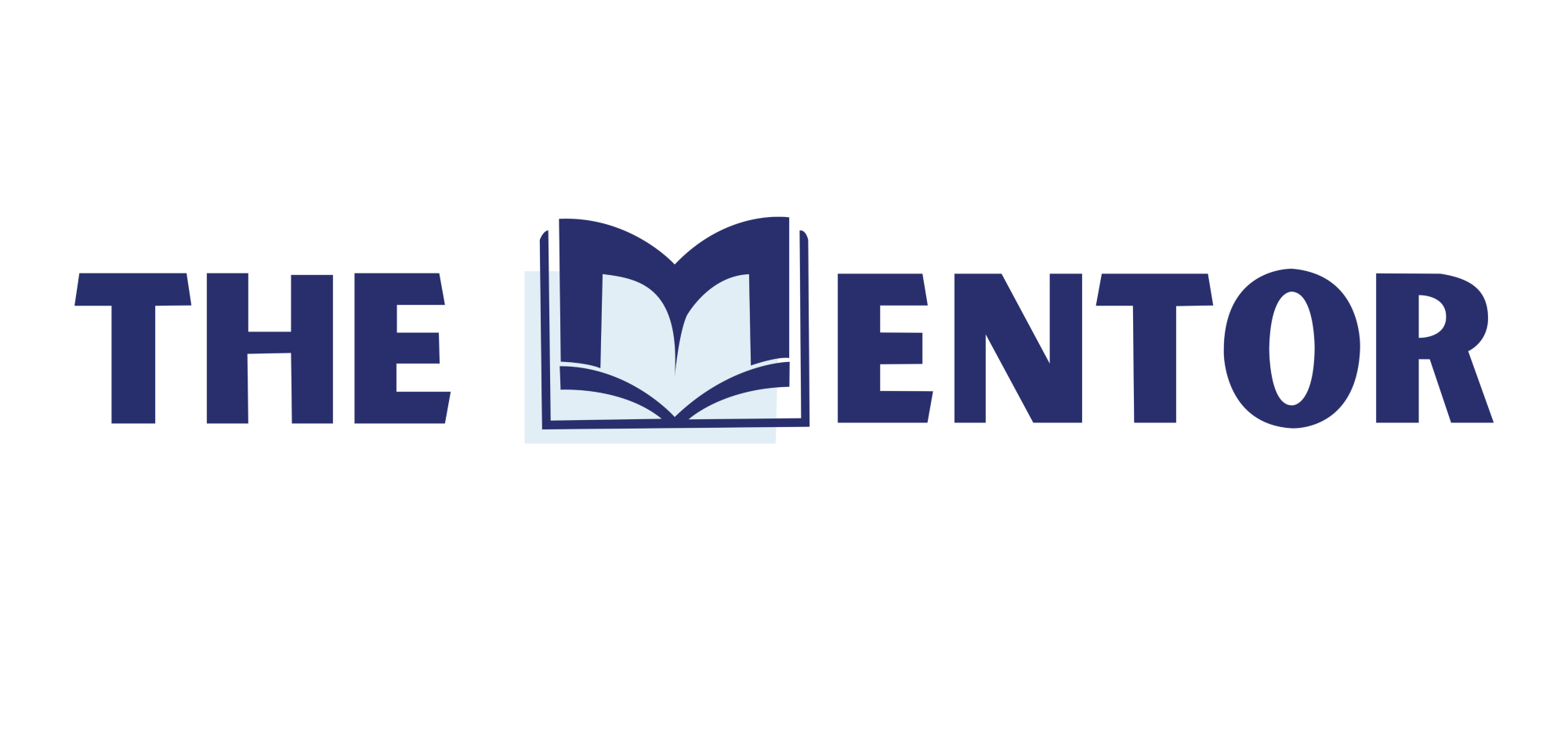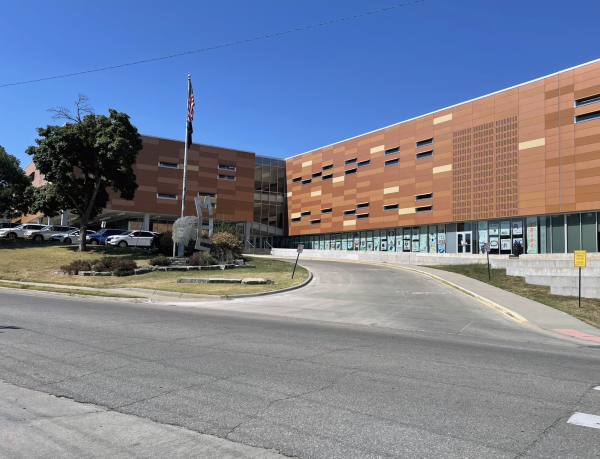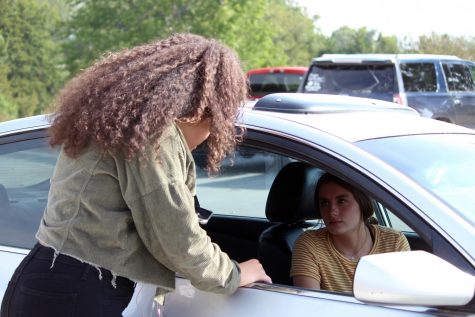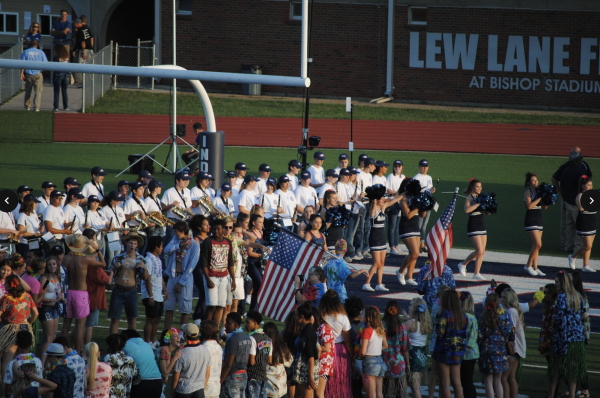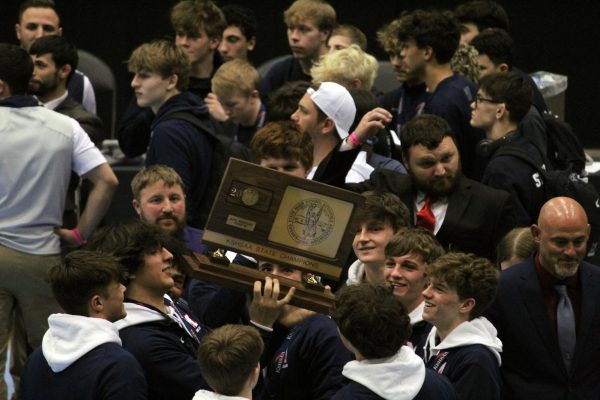Students coming back from online have mixed experiences
Manhattan High welcomed just under 1,900 Students into its doors on Aug. 18, all of whom had weathered a year and a half of change and chaos. However, a subsect of those students hadn’t attended a day of school for that full time. Seniors were sophomores last time they came to class, juniors are new to West campus, sophomores had their first day of high school and freshmen arrived having only seven months of secondary school in-person.
Since March of 2020, concerns have been raised over these student’s welfare academically and socially compared to their in-person peers, but there is no consensus on the impact at Manhattan High.
“I honestly don’t know if [students fell behind],” social studies teacher Kane Davis, who taught remotely last year, said. “There will be students in any given year in any given class that, for whatever reasons…. find themselves falling behind in the class. I really believe that the students who wanted to continue to learn in a remote environment, and had an opportunity to do so that was not overly impacted by outside stimuli like by like having to babysit for younger siblings or having to pick up extra work to make make sure that that the family was taken care of or whatever, that those students still continued to succeed.”
Coming back to in-school academics has been easier for some former remote students than others, depending mostly on their learning experiences during online.
“[Transition back to in-person] has been wonderful,” senior and former online student Chase Glasscock said. “Considering the fact I have 10 years of school under my belt other than online, it felt much like getting back to the natural order of things. Although masks and social distancing certainly are different, it feels much more normal than the landscape of online.”
“[Online school] was pretty hard,” freshman Aaliyah Reed said. “But I feel like I did learn a lot, and I feel like I’m going to be okay now… I like being back.”
Other students feel they missed out on instruction during their year online and are having a more difficult time keeping up. Studies about “summer-slide” suggest students who take a break often “slide” backwards, or lose education, because they took the time off. Those who struggled to stay engaged online may be behind their peers for similar reasons. Summer slide is known to be worse among low-income students as well, and it’s likely remote school data will show us this trend as well.
“I feel like I forgot a lot of stuff from freshman year because it was just such a rough year,” junior Greyson Hickel said. “And then I didn’t really pay attention during my remote year so anything that I had to transfer over for this year I just have no knowledge on… in math, carrying over advanced algebra techniques to trig, teachers expect you to know how to do something that I completely do not remember how to do.”
Perhaps more influential though less measurable is the social impact of being remote for over a year. Fifteen months is a long time in teenage development, and the impact of remote school on social health is yet to be discovered.
“I lost a lot of my friends over the remote year because I just didn’t have constant contact with them,” Hickel said. “So that’s been off putting this year but it’s cool getting to catch up with old friends.”
While online school has social and academic drawbacks for some students, another aspect to returning is coming back to a more controlled environment. Students managed their own time to a greater extent during distance learning, so switching back to less responsibility is another adjustment for them to make.
“There wasn’t as much fluff involved [in online],” Glasscock said. “A lot of the instructions and a lot of things were online, so the teacher would basically start class, tell you what you need to do, and then just give you time to work. It meant that you could structure your time by yourself…. I don’t think that necessarily prepared me better, but it has given me different types of preparation. It has allowed me the space where I can structure things myself and realize that I can be the boss, I suppose, of my own destiny. I can control my own destiny and can control where I put my time, and how I do things and who I talk with.”
